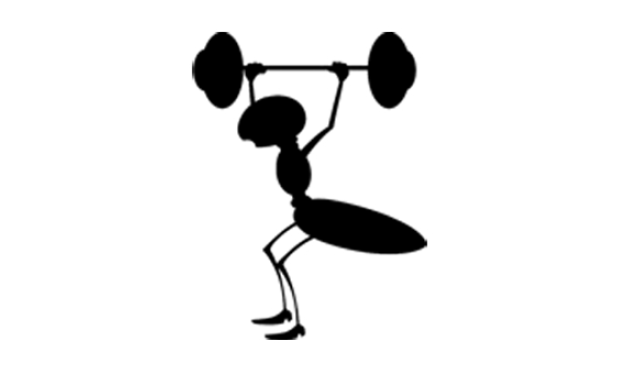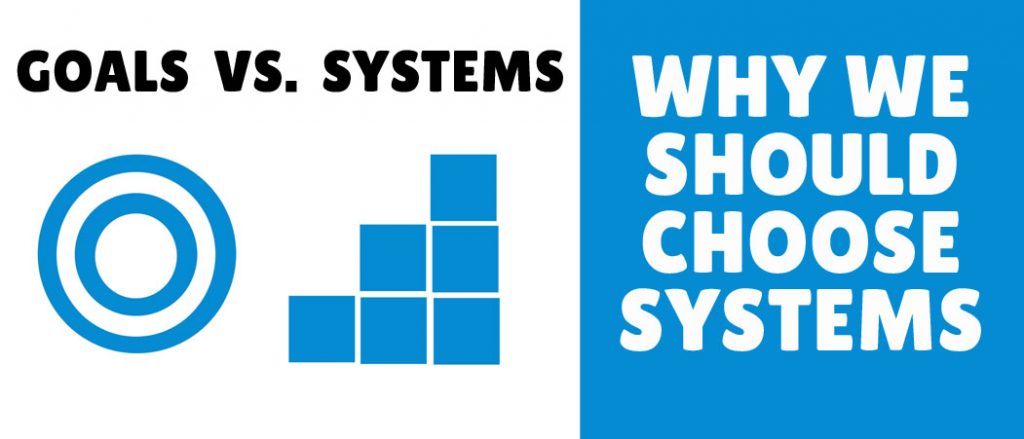
Dear Friend,
I’m thrilled that you have decided to spend a few minutes of your time reading this article on my blog. I promise to add value to you and help you grow in 2021, provided if you can stay for a few more minutes and complete reading this article till the end.
I am now forty-three years old, and I am more certain about a few things than I was at thirty. I am now getting a better handle on my growth and what matters the most. I have realized that growth happens daily but not in a day. Ever since I learned this concept, I have started teaching this to people working with me as the first cab of the rank activity.
My mentor John Maxwell once said that if he could come to my house and spend a couple of days with me, he would tell me whether I would be successful and what direction my life is headed. He is right because,
–> Growth happens daily, not in a day.
–> We will never change our lives until we change something we do daily.
–> We overestimate what we can do in a day and underestimate what we can do in several days.
–> We overestimate the event and underestimate the process.
–> We fail to realize that either pay now and play later or play now and pay later. But either way, we are going to pay. In other words, if we work hard now, then we will receive rewards in the future.
–> We underestimate the compounding effect of consistency. If we get one percent better each day for one year, we’ll end up thirty-seven times better by the time we’re done. Conversely, if we get one percent worse each day for one year, we will decline nearly down to zero.
Our success lies in the daily decisions that we take on daily practices that we make. Every fulfilled dream occurred because of dedication to the process. Neither success nor failure doesn’t occur suddenly in someone’s life. It happens as a result of what we do daily.
My mentor taught me how to set aside some time to review my past year every year. He told me that it’s a habit that he has developed over the years, and it’s one of the biggest in terms of setting him up for his success. I started practicing it for a couple of years and started seeing results in my life.
I strongly encourage you to ask yourself these questions:
–> What wins do you need to celebrate from the last 12 months?
–> Can you write an inventory of your success, wins, achievements, and special moments during the last 12 months?
–> What are the three best lessons you learned from the past 12 months?
–> Which relationships are helping you grow and which ones aren’t?
–> What outcomes did your choices produce during the last 12 months?
–> What activities deserve more of your time and fuel, and what deserves less during the next 12 months?
–> What are your top 5 goals for the next year?
–> What is your detailed plan to achieve your top 5 goals identified for the next year?
I know that 2020 was a difficult year for most of us due to the pandemic, and I am glad we sailed through it. I am positive that 2021 holds great things for all of us. Why the hesitation in listing what you want to achieve in 2021 and the kind of systems and habits you would like to develop to reach your goals? Once you understand the power of consistency in building habits that make you a better person, you will stop asking how long it will take and start asking how far I can go?
–>The goal is not to read a book; the goal is to become a reader.
–>The goal is not to run a marathon; the goal is to become a runner.
–>The goal is not to learn an instrument; the goal is to become a musician.
–>The goal is not to lose 10 Kgs in the next 12 months. The goal is to regain your health for the rest of your life.
This year, focus on the identity that you want to build for yourself. If so, I encourage you to spend time to reflect, review and design your plan for 2021. I’m excited for you as you begin this review process, and I guarantee you’ll make 2021 a better year in your life!
Your friend,
Mr. Kishore Borra
Before you go…
If you enjoyed this post, you would love my book, “Don’t Coast: Accelerate Your Personal and Professional Growth.”
Grab your copy from the below links:
- Amazon.in –> https://amzn.to/2COdigh
- Amazon.com –> https://amzn.to/397xwh4
- Amazon.co.uk –> https://amzn.to/2WFkfXV
- Notion Press –> https://notionpress.com/read/don-t-coast
- Flipkart –> https://bit.ly/3hxEWNx
Please subscribe to my social media channels:
- Facebook: https://www.facebook.com/kishoreborraofficialpage/
- LinkedIn: https://www.linkedin.com/in/kishoreborra/
- Instagram: https://www.instagram.com/kishoreborra/
- Twitter: https://twitter.com/kishoreborra
- Blog: https://kishoreborra.com/



